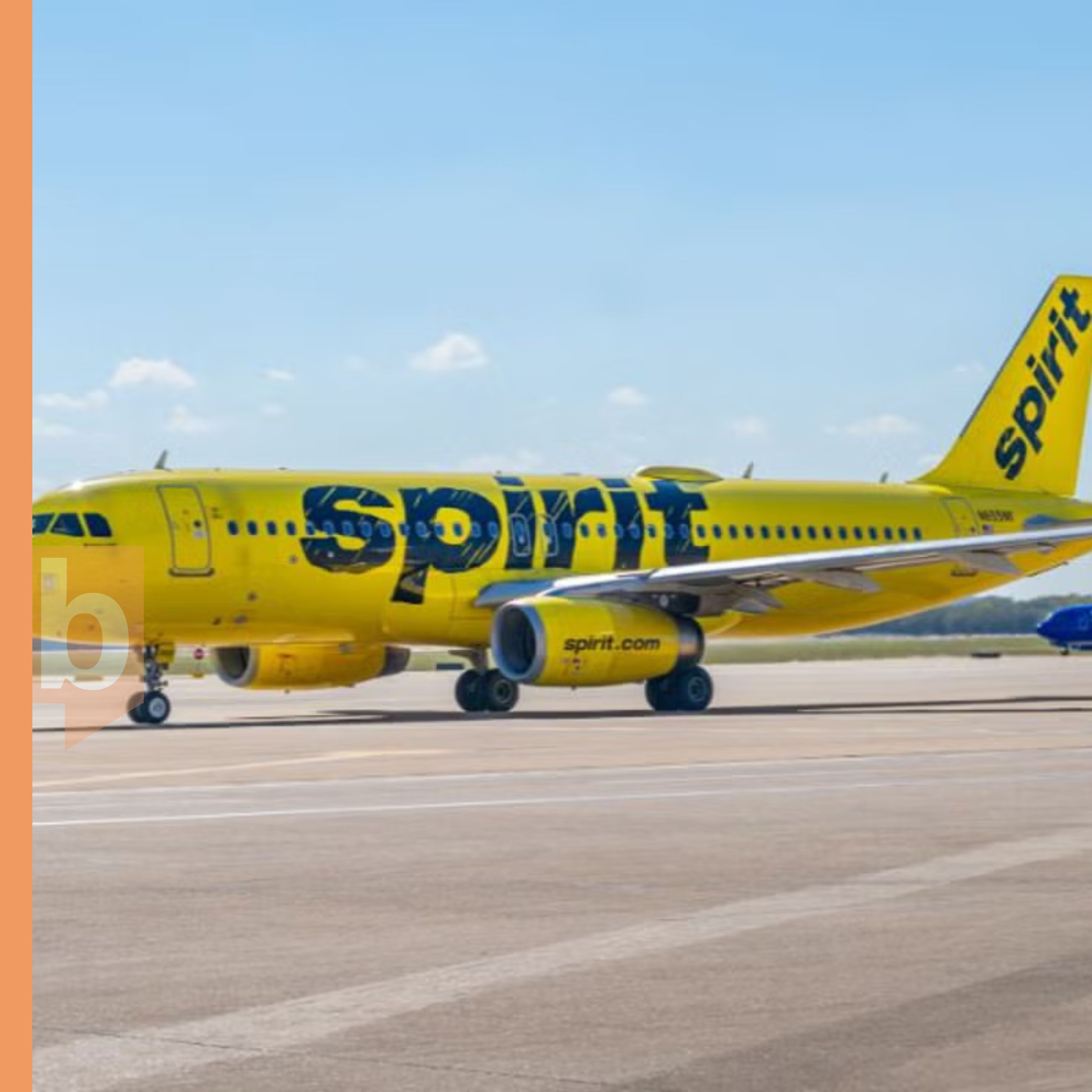FT. LAUDERDALE--In an Aug. 11 regulatory filing, the company warned of a potential closure within 12 months if financial results don't improve.
And though management sought the following day to assuage staff fears of an imminent grounding of the discount carrier, some analysts said they aren't sure Spirit will last even as long as another year, Travel Weekly reports.
"If you need to sell your headquarters, that is definitely a bad sign," said Bloomberg Intelligence aviation industry analyst Francois Duflot, referencing Spirit's statement that it intends to take additional measures to bolster liquidity, potentially including the sale of real estate, aircraft and excess gate capacity.
Cash, indeed, is the cause off all the angst. Spirit entered 2025 in the midst of Chapter 11 bankruptcy restructuring and with $902.1 million in unrestricted cash and cash equivalents. Although it emerged from bankruptcy in March having converted $795 million in debt to equity, the airline's cash and cash equivalents had dwindled to $407.5 million by June 30.
Spirit reported a second-quarter net loss of $245 million, a $184 million operating loss and a dismal operating margin of minus 18.1%.
Furthermore, Spirit said it expected the weak domestic leisure demand and challenging pricing environment that existed in Q2 to continue through the remainder of the year.
Since June 30, Spirit has bolstered its cash liquidity through the sale of 14 of the 32 spare engines it owns, for a total of $250 million. On its balance sheet, the airline also said that it has marked 21 aircraft, with a value of $449 million, for sale. Spirit is no longer using those planes, having slashed its flying by more than 27% over the past 12 months, an Aug. 18 Deutsche Bank analysis said.
Other assets available to the airline are its headquarters near Fort Lauderdale and 22 daily departure and landing slots at capacity-constrained LaGuardia airport, which Spirit says were valued at $83.5 million in March.
𝐓𝐡𝐞 𝐛𝐢𝐠𝐠𝐞𝐫 𝐩𝐢𝐜𝐭𝐮𝐫𝐞 𝐟𝐨𝐫 𝐒𝐭. 𝐌𝐚𝐚𝐫𝐭𝐞𝐧
The loss of Spirit Airlines’ service to St. Maarten would create a ripple of significant impacts, affecting affordability, connectivity, and overall competitiveness. Not to mention, its local handler, Juliana Airport Handlers, would not be to keen on losing one of its clients.
Spirit operates as an ultra‑low‑cost carrier, providing budget-friendly options for travelers from the U.S. to St. Maarten. Losing this service would likely drive airfares higher, reducing accessibility for cost-conscious tourists, and potentially deterring spontaneous or mid‑budget travelers.
Spirit also maintains flights from Fort Lauderdale to St. Maarten’s Princess Juliana International Airport. If this route were lost, those consistent links would vanish. For many U.S. markets, Fort Lauderdale is a key point of access. Removing that direct connection would hinder ease of access, especially for cruise visitors arriving via Florida, as well as leisure travelers hunting package deals.
Then there is the destination competition factor. St. Maarten competes with other Caribbean islands that may still benefit from Spirit’s low-cost network. If visitors find cheaper or more convenient flights to destinations like Puerto Rico, the Bahamas, or other Leeward Islands, St. Maarten risks being bypassed. The absence of Spirit would diminish its appeal to budget-conscious segments, especially in a region where access and cost matter greatly.
Spirit also brought flexibility in air supply that served as a buffer during peak periods, disruptions, or demand fluctuations. Losing this would reduce available seat inventory and alternate routings, especially important in tourism, heavy months and hurricane seasons, when capacity and seat availability matter more than fare alone.
𝐈𝐬 𝐭𝐡𝐞𝐫𝐞 𝐡𝐨𝐩𝐞?
Despite Spirit's many challenges, CEO Dave Davis said in an Aug. 12 letter to staff that he's confident that his team can rebuild the airline.
"The report uses the phrase 'substantial doubt about the company's ability to continue as a going concern,'" he wrote about the Aug. 11 filing. "This is a phrase required by our outside auditors to convey that there is risk if we do not make changes. But, we are."
Indeed, Spirit is forging ahead with new revenue, merchandising and cost initiatives.
In June, the airline retrofitted 115 aircraft with seven rows of extra-legroom seats, part of its push to reach more premium leisure flyers with more upscale fare products. Alongside route cuts, the airline recently announced new destinations Key West, Belize City and Grand Cayman, all from Fort Lauderdale.
On the cost front, Spirit will demote approximately 140 pilots from captain to first officer on Oct. 1 and furlough approximately 270 pilots on Nov. 1 as it aligns staffing with schedule cuts.
Duflot stopped short of saying that Spirit is doomed.
"As long as somebody is willing to add cash, I think they can survive," he said. "But you need to have enough demand to meet supply. For the foreseeable future, you may have more supply than demand."
During Spirit's bankruptcy proceedings over the winter, discount competitor Frontier made two bids for the airline, but both were rebuffed by Spirit management as insufficient.
With Frontier still dealing with losses of its own, Duflot said he doesn't expect another offer. Frontier, he said, more likely would hope to see Spirit fail to overcome its challenges. That seems to be what Frontier CEO Barry Biffle is thinking. During Frontier's Aug. 5 earnings call, Biffle said he expected Frontier "to be last man standing in the low-cost space next year."
Other U.S. airlines -- Duflot mentioned United -- might also choose to hurt Spirit with selective capacity additions in the coming months in order to kill it off.
Meanwhile, as Spirit sells off more assets, its resilience will diminish.
"When you sell everything that you own, you don't have anything left for any rainy day in the future," Duflot said.
Join Our Community Today
Subscribe to our mailing list to be the first to receive
breaking news, updates, and more.






